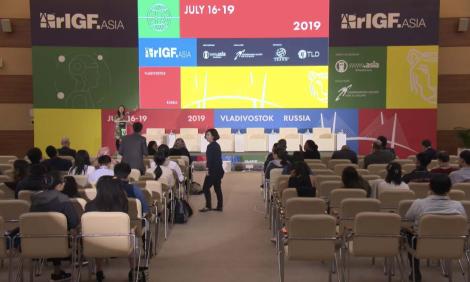
Feminist talk
Advocating for better ICT laws at the Asia Pacific Internet Governance Forum
The Asia Pacific Internet Governance Forum just completed in July 2019 and it took place in Russia. There were very few sessions that dealt with either gender or human rights and none that addressed sexuality. At one session there were discussions on the ICT related-laws and particularly on the broad and unclear provisions that deal with online censorship.
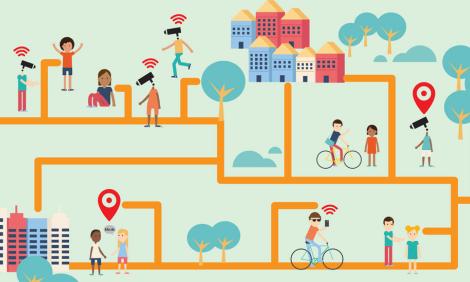
In depth
Visibility and secrecy: Data protection, privacy and gender in Pakistan
Privacy rights are becoming increasingly important and especially in the context of increasing datafication. Shmyla Khan of Digital Rights Foundation in Pakistan talks about the ways in which privacy rights are relevant, used and abused in the lives of women and gender diverse people.

In depth
Private Parts: Obscenity and Censorship in the Digital Age
Between right-wing governments and corporate capture of online spaces, there are interesting shifts in how sexuality is censored and governed online and offline. This article looks at the reach and over-reach of laws related to obscenity and censorship in South Asia and the impact that has had on free speech around sex, sex work and sexuality.
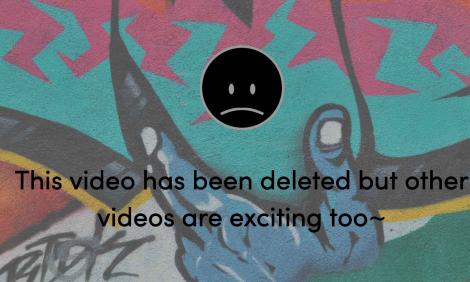
In depth
How Tiktok is a platform for performance and play for women in Sri Lanka
Tiktok is a wildly popular short video platform and has led to a myriad form of creative and playful expressions. This article explores the videos from Ceylon in relation to heteronormativity, gender, and how the boundaries between the personal and public are blurred.
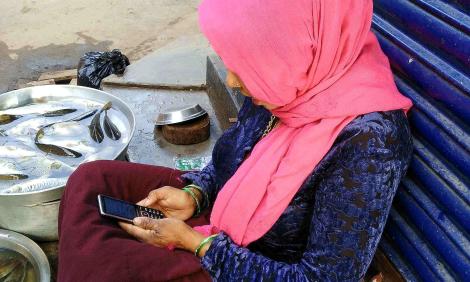
In depth
Use of social media in Manipur – Women lag behind in technological advancement
Access to the internet is finally a priority for companies and acknowledged as human right by governments. However the gender digital divide persists, and in this article we explore what uses women make of the internet in urban and rural parts of Manipur. Is this use limited to social media, what about the generation gap, and the rampant spread of election propaganda?

Feminist talk
No Photos Please: Dating & Hooking Up Via Grindr And Notions of Self-Worth
The second in a series on queerness and privacy, this article explores the relevance of what is legally understood as privacy in the lives of queer people and communities living in the "global South". In this article, the contradictions between online dating for queer and gay people and the precarity of their daily lives is explored.
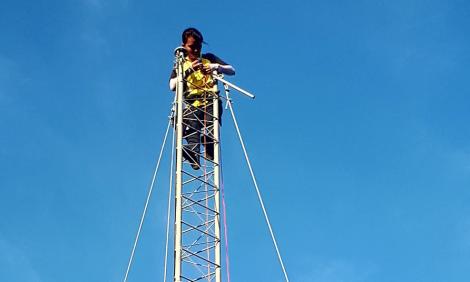
In depth
Observing a community network in the Philippines through a gendered lens
In this interview, Serene Lim dives deep into what are the gender implications of making a community network in a remote area of the Philippines - from tackling gender stereotypes to the distribution of labour of running a community network to the benefits of access for communities often overlooked by telecommunications companies.
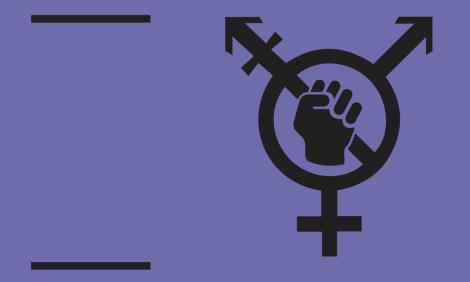
Publication
Gender and Privacy: From Oppression to Liberation: Reclaiming the Right to Privacy
A report that examines the overlapping concerns of gender, privacy, surveillance, and gender-based violence in Asia, Europe, Africa, Latin America, North America. The report raises issues including gender-based violence in the private sphere, rigid gender categories in identity programs its impact on trans people, etc.
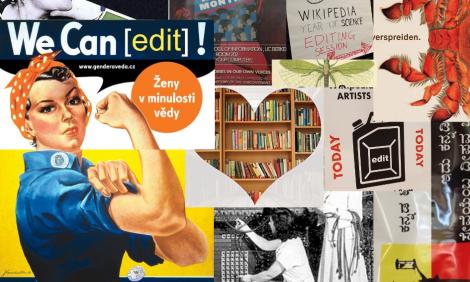
Feminist talk
Five tips for a successful edit-a-thon on gender
Do you want to organise an edit-a-thon around gender, women in STEM, movements and feminist histories of organising or anything else? Here are a list of (5 and more) things to watch out for - including the safety of your participants and how to navigate the tricky but sometimes essential rules of editing content on Wikipedia.

In depth
More than words. Investigating online discourse as a space of Gender-Based Violence
Here are insights into research on online gender-based violence against women and other minorities - especially around sexual objectification, delegitimisation of public personas, non-conformity to gender stereotypes and idealised notions of womanhood. Elena Pavan shares also about doing research using data scraped from online public discourses and the key questions going forward.




